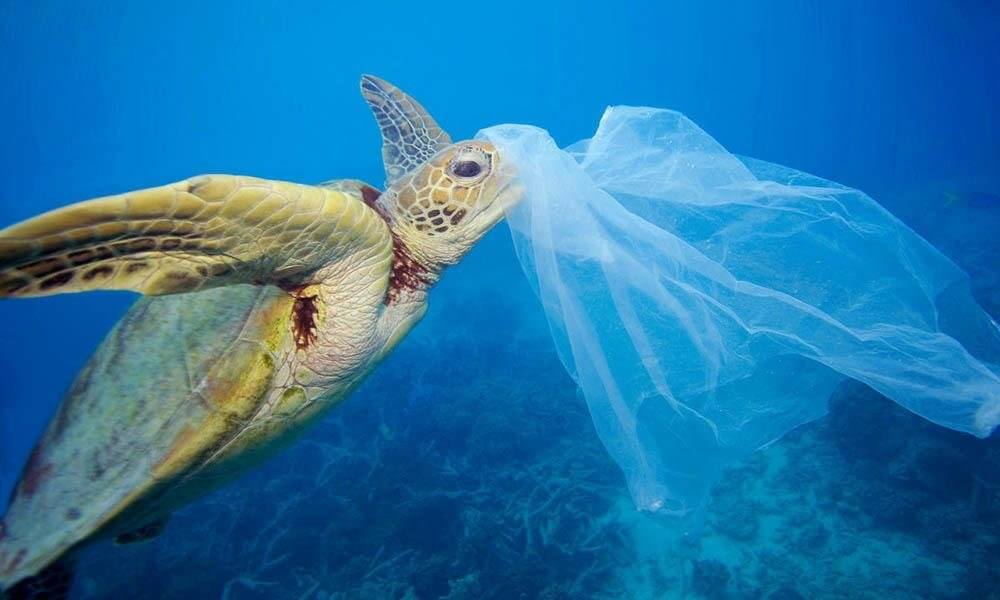
Inhaltsverzeichnis
Wie gelangt Plastikmüll eigentlich ins Meer?
Dass immer mehr Müll in die Ozeane gelangt, ist für uns alle keine Neuigkeit mehr. Aber was ist so schlimm am Plastik im Meer und wie kommt es eigentlich dorthin?
Etwa ⅔ der Erdoberfläche ist mit Wasser bedeckt. Und genau diese Meere zählen mittlerweile zu den dreckigsten Orten der Welt. Vielleicht hast du auch schon gehört, dass es 2050 mehr Plastik im Meer als Fische geben wird – wenn nichts gegen die Vermüllung getan wird.
Warum ist Plastik im Meer schädlich?
Nicht nur die Wasserqualität leidet unter dem Plastik, sondern auch vor allem die Unterwasserwelt. Und langfristig gesehen wohl auch wir Menschen.
Fische und andere Meeresbewohner verwechseln das Plastik häufig mit Nahrung. So halten Schildkröten Plastiktüten beispielsweise für Quallen oder Fische schlucken kleine Plastikteilchen, weil sie diese mit Plankton verwechseln. Dadurch verhungern die Tiere nicht nur. Die unverdaubaren Teile schädigen Mägen und andere innere Organe der Tiere.
Dass die Tiere so sehr darunter leiden sollte eigentlich Grund genug dafür sein, etwas gegen den Plastikmüll tun zu wollen. Einige scheinen jedoch erst wirklich darüber nachzudenken wenn sie erfahren, dass diese Art der Müllverwertung auch Folgen für sie selbst haben könnte. Denn die winzigen Plastikpartikel, die die Fische schlucken, werden natürlich beim Verzehr der Fische mitgegessen und gelangen so ebenfalls in unseren Organismus. Was das für Langzeitfolgen haben kann, ist bisher noch nicht bekannt. Trotzdem wissen wir alle intuitiv, dass es bestimmt nicht gut für unseren Körper sein kann.
Wie gelangt der Müll in die Meere?
80% des Plastikabfalls gelangen über Zuflüsse vom Land in die Meere.
Dazu gehören:
-
Unachtsam weggeworfene Plastikflaschen und -verpackungen:
Sie werden über Kanäle und Flüsse ins Meer gespült. -
Die Abflüsse bei uns zuhause:
Egal ob Mikropartikel in der Zahnpasta, im Duschgel oder im Kontaktlinsenreiniger – über kurz oder lang landet all das in den Meeren. -
Plastikteilchen aus der Waschmaschine:
Kunstfasertextilien verlieren beim Waschen super viele winzige Fasern. Und weil diese so klein sind, bleiben sie nirgendwo hängen, sondern gelangen ungehindert in den Ozean. -
Mülldeponien:
Plastikabfall aus offenen Müllhalden wird vom Wind weggeweht und endet so ebenfalls im Ozean. Hierbei reden wir nicht von vereinzelten Plastikteilen, sondern von tonnenweise (!) Plastikmüll. -
Plastikproduktion:
Das ist eigentlich offensichtlich, doch trotzdem sollte man sich das an dieser Stelle noch einmal vergegenwärtigen: Je mehr Plastik produziert und konsumiert wird, desto mehr landet im Endeffekt auch in den Meeren.
Die übrigen 20% stammen direkt aus der Schifffahrt und der Fischerei. Ausrüstung wie Fischernetze wird zum Teil bewusst im Meer entsorgt. Das führt nicht nur zu mehr Plastikaufkommen im Wasser sondern auch dazu, dass sich die Fische in diesen Gerätschaften verfangen und so sterben müssen.
Wie schlimm ist die Lage und wie verteilt sich der Müll in den Ozeanen?
Man kann in verschiedenen Bildern sprechen: Eine LKW-Ladung Plastik gelangt pro Minute in unsere Ozeane. In jedem Quadratkilometer Meer schwimmen bis zu 46.000 Teile Plastikmüll. Oder um nochmal auf unser Anfangsbild zurück zu kommen: 2050 schwimmen mehr Plastikteile als Fische im Meer.
Dabei ist das, was wir sehen können nur die Spitze des Eisbergs. Denn mehr als 70% des Mülls sinkt auf den Meeresboden. 15% schwimmt an der Oberfläche und 15% wird an Küsten angespült. Daher kann man das Plastik im Meer nicht einfach abfischen. Hinzu kommt, dass Plastik sich im schlimmsten Fall erst nach mehreren hundert Jahren abbaut. Vorher zerfällt das Plastik in immer kleinere Teilchen und wird somit zu Mikroplastik.
Kurzgesagt: Die Lage ist mehr als alarmierend.
Was können wir tun?
Wie vorhin schon angedeutet: Müll, der nicht produziert wird, gelangt auch nicht ins Meer. Wir können leider nicht von heute auf Morgen das Problem (buchstäblich) aus der Welt schaffen.
Umso schöner ist es zu wissen, dass man trotzdem selbst etwas dagegen tun kann. Und zwar indem man (Plastik-)Abfall vermeidet. In diesem Blog-Artikel findest du einfache Tipps, mit denen du deinen Plastikkonsum im Alltag reduzieren kannst.
Du kannst auch einen positiven Beitrag leisten indem du dabei hilfst, dein Umfeld aufzuklären. So trägst du dazu bei, dass immer mehr Leute ein Bewusstsein über die Problematik entwickeln. Du kannst zum Beispiel gerne diesen Beitrag weiterleiten und teilen; darüber würde ich mich riesig freuen.
Wenn dir das gefallen hat und du noch mehr über gesunde Ernährung, Achtsamkeit oder Nachhaltigkeit erfahren möchtest, schaue dir hier viele weitere spannende Blog-Artikel zu diesen Themen an.
Als Quellen dienten mir:
http://www.wwf.de/fileadmin/fm-wwf/Publikationen-PDF/Infografik_Muell_im_Meer.pdf
https://www.duh.de/plastik-im-meer/
https://www.nabu.de/natur-und-landschaft/meere/muellkippe-meer/16805.html









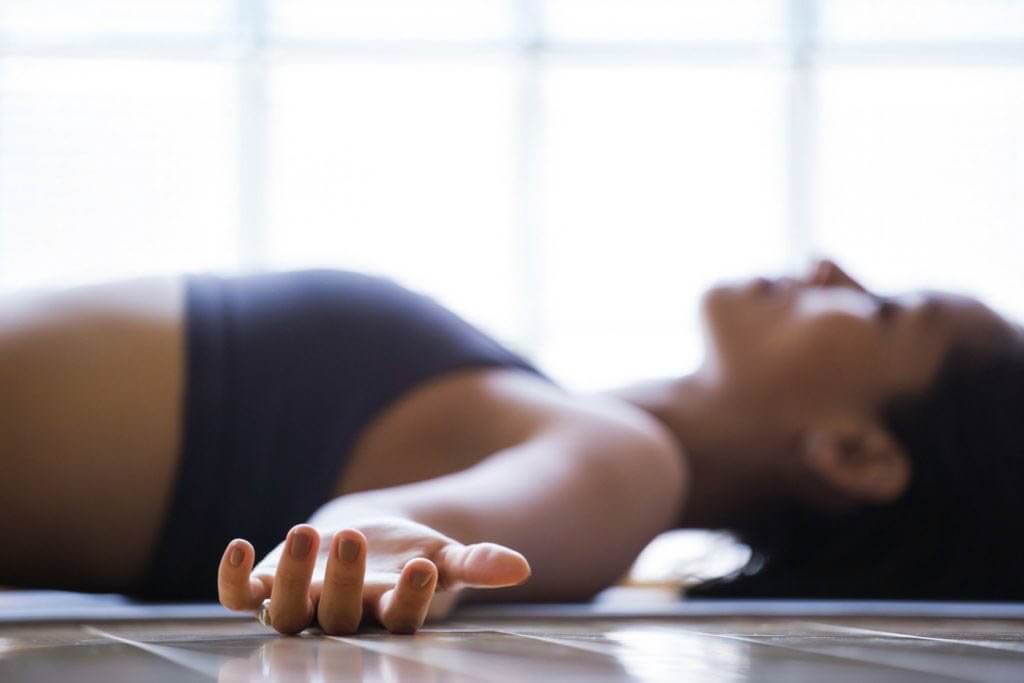
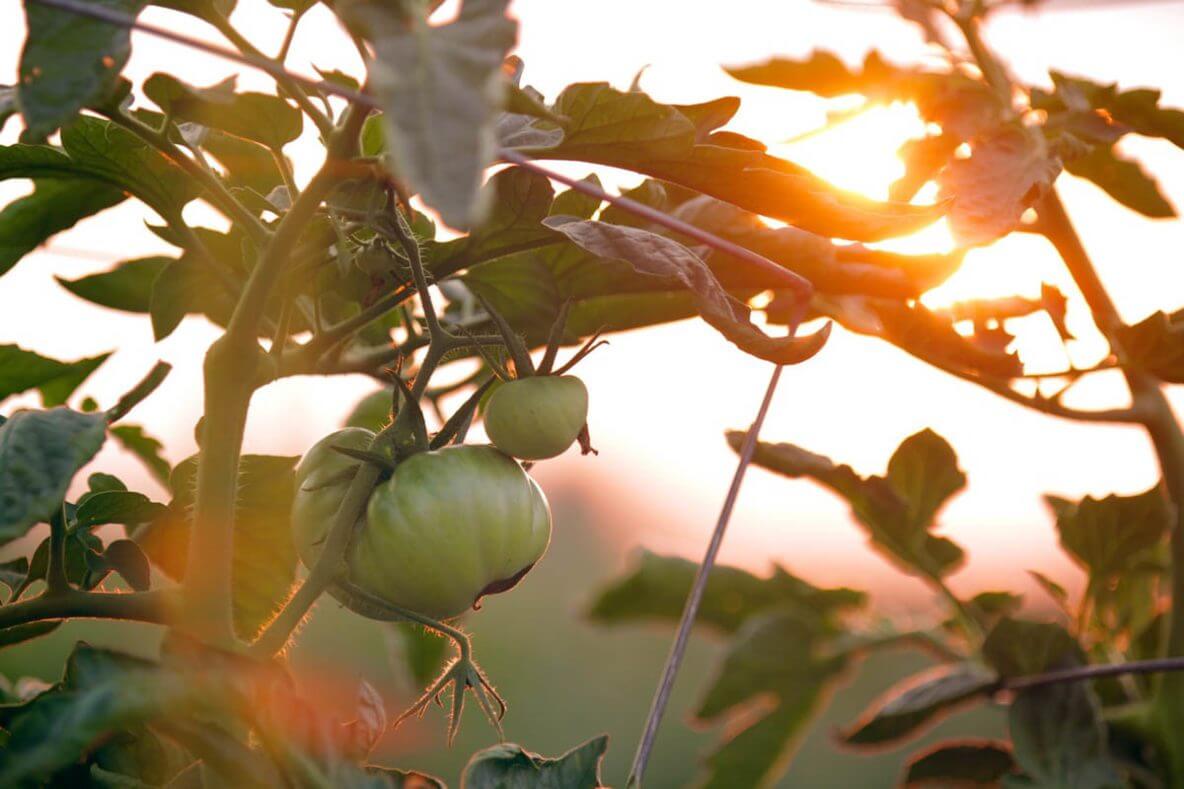












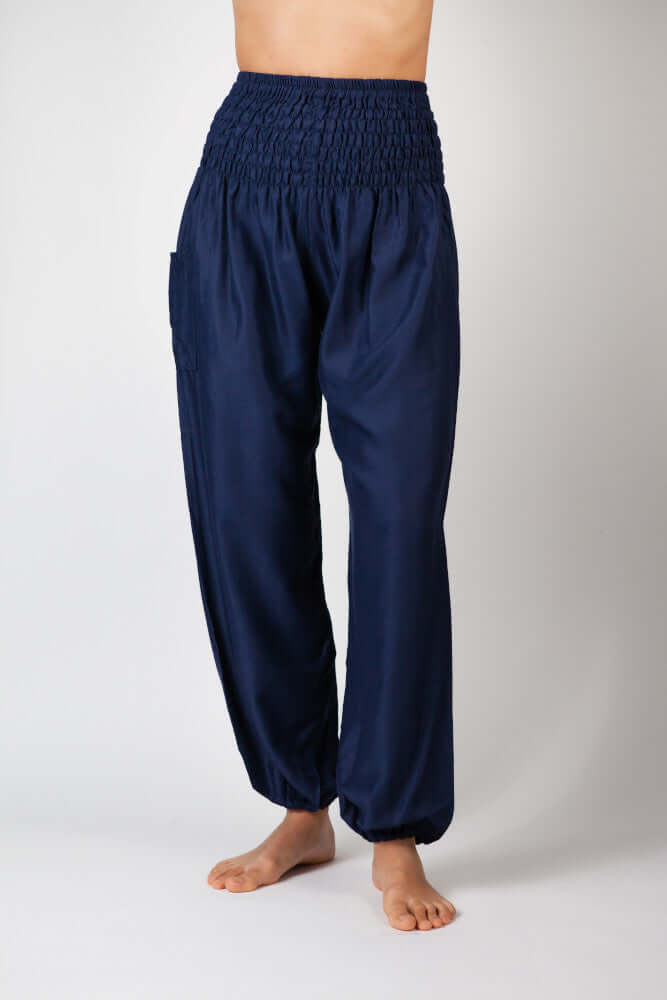

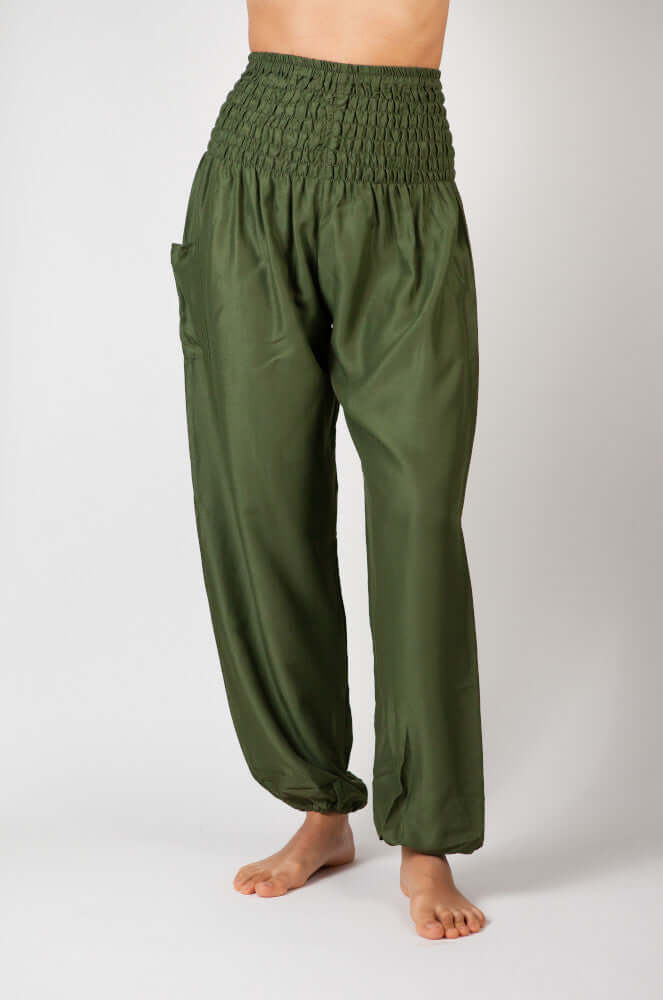

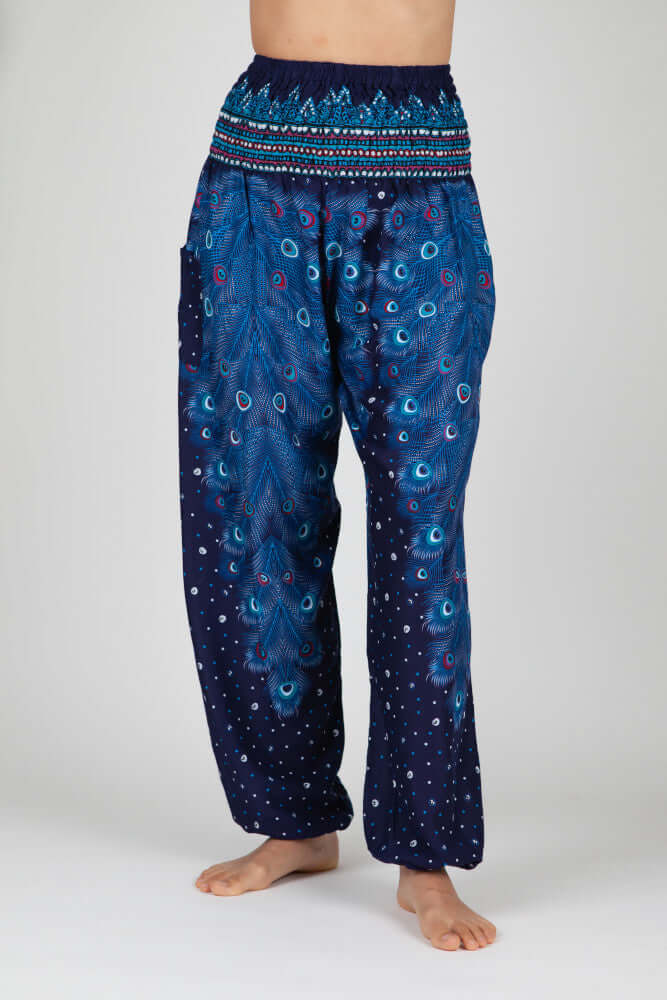

Leave a comment
This site is protected by hCaptcha and the hCaptcha Privacy Policy and Terms of Service apply.